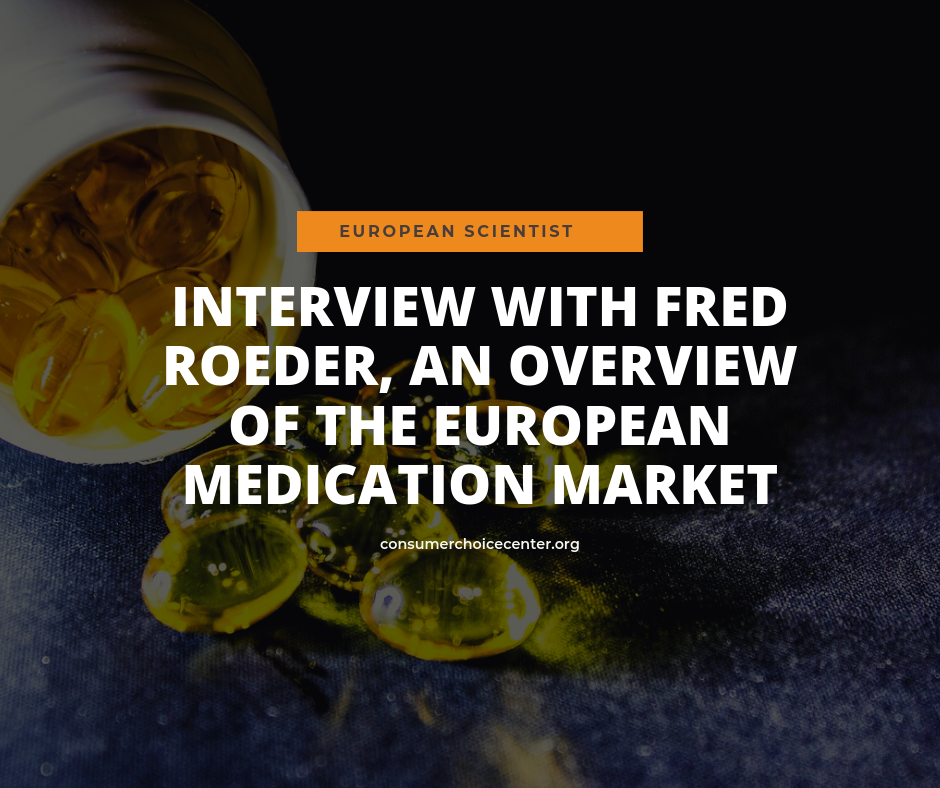European elections 2019: science at the polls
In the context of the European elections, European Scientist is bringing you an overview of experts from different countries on various topics around science and science policy in Europe, in order to provide a panorama and analysis, which will be useful for the next commission.
The Europeans Scientist: What does the European medication Market looks like at the moment? How about the regulation?
After the United States, Europe is the most important and innovative region for pharmaceutical breakthroughs. Five out of ten of the world’s largest pharmaceutical companies are based in Europe (though only two of them in the EU after Brexit). The regulation and access to medicines in Europe is partially regulated by the EU and partially by Member States. To understand this better it’s important to distinct between mere market authorization, which allows a drug manufacturer to sell its product in a country and pricing and reimbursement decisions which determine the price of the drug and whether the public health insurance covers it.
Market access decisions are either made by the EU or at least regulated uniformly. While the European Medicines Agency (EMA) is currently busy with moving from London to Amsterdam, it has also a central role in the medicines approval system within the EU, Iceland, Liechtenstein, and Norway. If a pharmaceutical company seeks marketing authorization for an innovative drug in even just one EU Member State it has (in most cases) to apply centrally at the EMA for a marketing authorization. Generics and other medicines can be approved by national medicines agencies through either a decentralized method or by mutual recognition of existing marketing approvals in other Member States.
The decision on how much a pharmaceutical company, a wholesaler, and pharmacies can actually charge for drugs is made on either member state level or even on lower regional levels. Traditionally wealthier countries pay higher prices for drugs and cover more innovative medicine than less wealthy member states. There has been recently a push by Italy and also the World Health Organization to bring price controls on to a supranational level. Several EU countries already collaborate in the hope to have a higher bargaining power against pharmaceutical companies in the price negotiations.
ES: Is there a model to follow? Do you recommend more regulation and harmonisation or do you think that each state should keep its difference?
Different numbers show that innovative pharmaceutical companies make over 50% of their global profits in the United States. This has historically allowed Europe to have lower drug prices than the US. The current aggressive moves to bring drug prices even further down in several EU countries might severely harm the future pipeline for innovation in Europe. As a patient I am of course interested in cost control but I am even more interested in new drugs that are able to cure diseases we currently can’t treat. Many politicians run a populist train of cutting profits for pharmaceutical companies. This sounds first sexy but might jeopardize future scientific breakthroughs.
ES: What are your recommendations for the next Commission?
During the stalled TTIP talks there were good idea about more regulatory harmonization between the US FDA and Europe’s EMA. It would be good if the next Commission picks up these conversations and pushes for mutually recognizing market approvals of FDA and EMA. This would put both regulators under competitive pressure: Drug companies would seek approval first at the regulator that promises a better market approval process. Patients in this jurisdiction would benefit from life-saving innovative drugs being earlier available. Another important area were we still need improvements is to allow more patients to have access to potentially life-saving drugs that have not been approved by regulators yet. This is called compassionate use – One of these programs got recently approved in the United States and is called Right to Try. A terminally ill patient should have the right to try experimental (and potential unsafe) medicine if there’s a chance that this drug would save his or her life. At the same time the Commission should refrain from pushing for unified drug prices in the EU.
Right now less affluent Member States benefit from high drug prices in the ‘North’. If there’s regulatory push to bring drug prices down to the smallest common denominator we risk that some innovative medicines companies just pull out of Europe entirely or massively delay the launch of their drugs in Europe.
Fred Roeder is a Health Economist and Managing Director of the Consumer Choice Center



